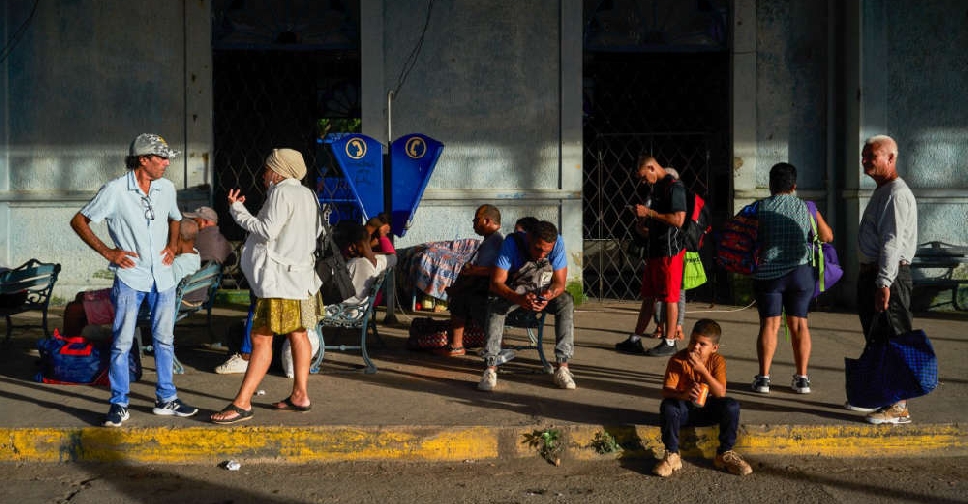
Cuba's national electrical grid shut down on Friday after one of the island's major power plants failed, plunging the entire country into a blackout.
The Communist-run government earlier in the day closed schools and non-essential industry and sent most state workers home in a last-ditch effort to keep the lights on for residents.
But shortly before midday, the Antonio Guiteras power plant, the country's largest and most efficient, went offline, prompting a total grid failure and leaving approximately 10 million people without power.
"There will be no rest until (power) is restored," Cuban President Miguel Diaz-Canel said on X.
The crisis had already prompted officials to cancel all non-vital government services. Schools of all levels including universities, have been shuttered through Sunday. Recreational and cultural activities, including night clubs, were also ordered closed.
The government said only essential employees of the state-run food and healthcare industries should report to work on Friday.
Grid officials said they did not know how long it would take to re-establish service. Virtually all commerce in Havana was shut down at midday on Friday.
Prime Minister Manuel Marrero on Thursday blamed ongoing rolling blackouts during the past several weeks on a perfect storm well-known to most Cubans - deteriorating infrastructure, fuel shortages and rising demand.
"The fuel shortage is the biggest factor," Marrero said in a televised message that was garbled by technical difficulties and delayed several hours.
Strong wind and heavy seas that began with Hurricane Milton last week have crippled the island's ability to deliver scarce fuel from boats offshore to its power plants, officials said.
Cuba's government also has long blamed the US Cold War-era embargo, as well as a fresh round of sanctions under former President Donald Trump, for difficulties in acquiring fuel and spare parts to operate its oil-fired plants.
The island's two largest power plants, Felton and the now-offline Antonio Guiteras, are both under-producing, the government said, and require immediate maintenance, part of a four-year plan to revitalize Cuba's decrepit infrastructure.
Cuba's fast-growing private businesses, which have contributed to increased demand on the island, will be charged higher rates for the energy they consume to compensate for shortfalls, Marrero said.



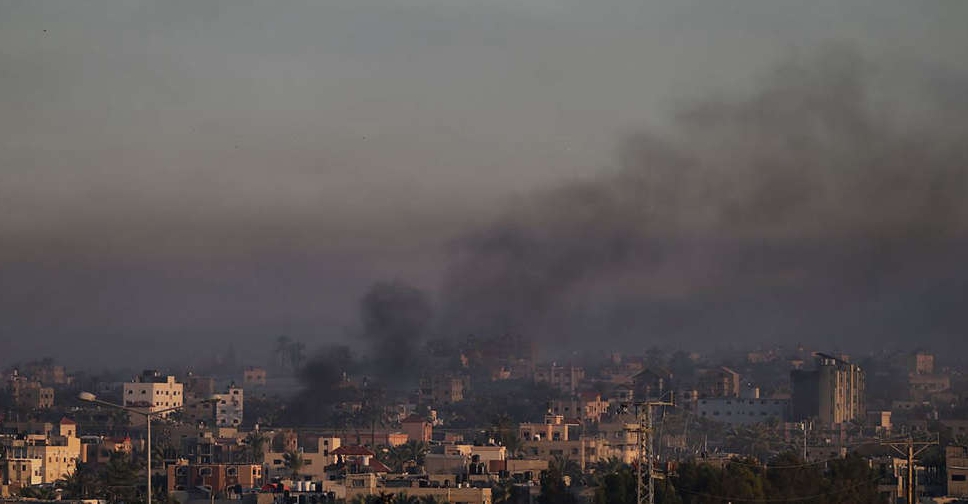 Israeli strike kills 26 people in Gaza City house, medics say
Israeli strike kills 26 people in Gaza City house, medics say
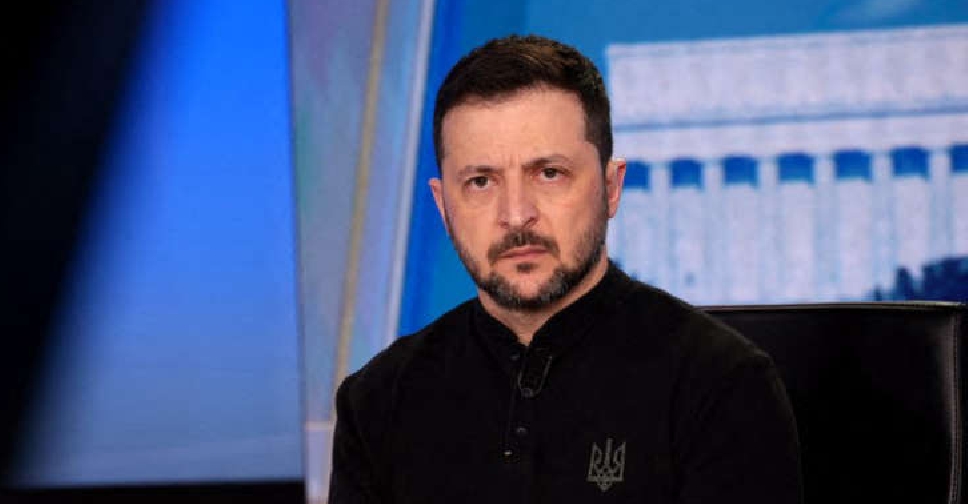 Chinese nationals captured fighting for Russia in Ukraine, Zelenskyy says
Chinese nationals captured fighting for Russia in Ukraine, Zelenskyy says
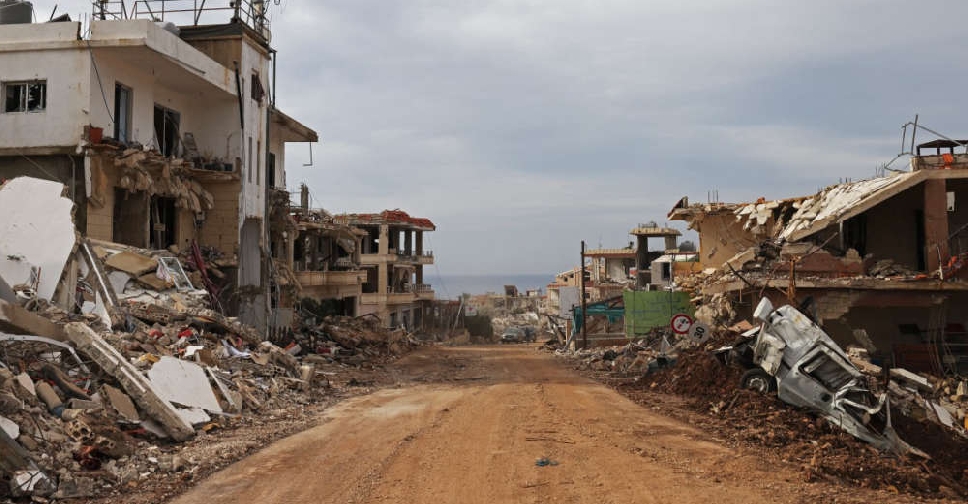 Hezbollah ready to discuss weapons if Israel withdraws
Hezbollah ready to discuss weapons if Israel withdraws
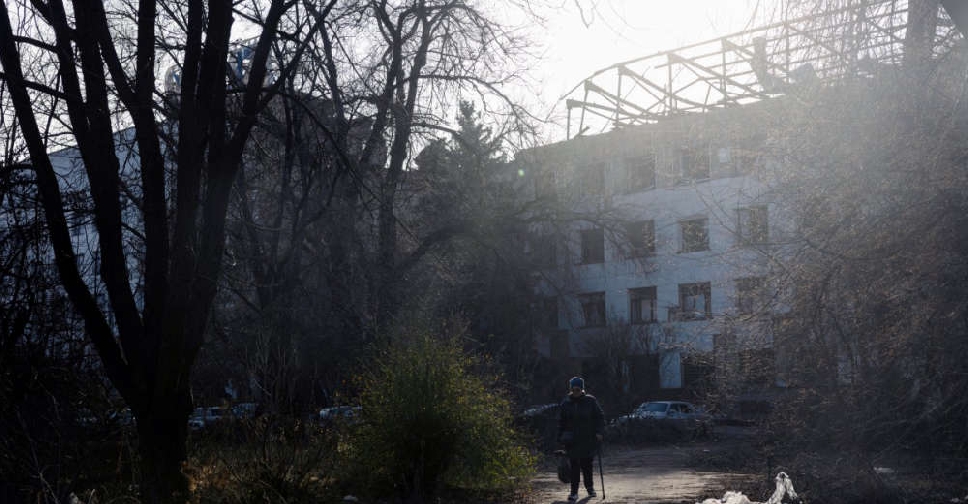 At least 22 injured in huge Russian drone attacks on Ukraine
At least 22 injured in huge Russian drone attacks on Ukraine



